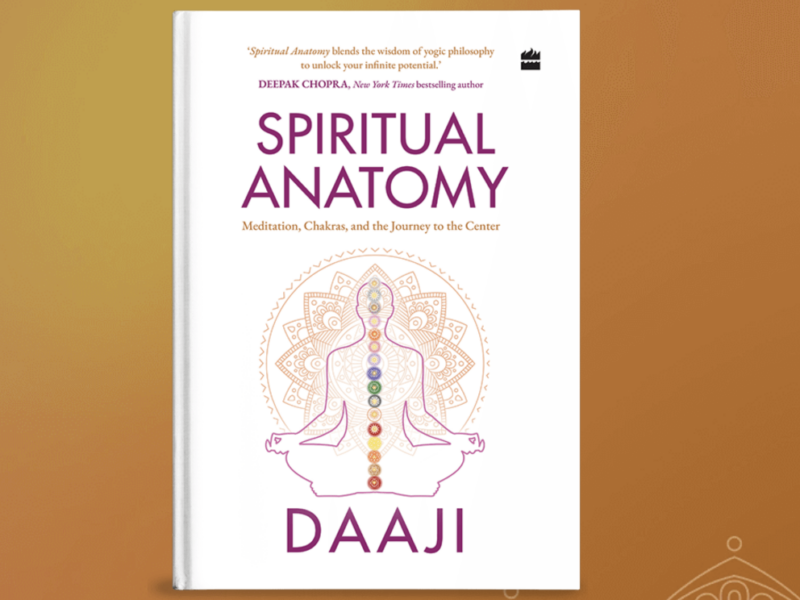Nicki Doane, co-owner and director of Maya Yoga Studio in Maui, shares tips for achieving (and transcending) the superpowers of yoga.
The Yoga Sutra of Patanjali: Vibhuti Pada
Vibhuti Pada is the name Patanjali gave to the third Pada, or chapter, of his yoga sutras. Vibhuti means negating and transcending earth-based consciousness. Of all the chapters in the sutras, this one seems to be the most spiritual, as it explores the divine effects that yoga can bring to the practitioner. It is here that Patanjali further explains the meaning of dharana (concentration), dhyana (meditation), and samadhi (supreme bliss). Let’s talk a bit about these three states of being, and how each one leads to the next.
Dharana: Concentration
Learning to pay attention is a big part of dharana, or concentration. When beginners come into my yoga class, they often have a hard time sitting still, keeping their eyes closed, and staying focused on their breathing. Any sound at the door to the studio will elicit an immediate response, and the students will open their eyes and look toward the door—as if whoever is there has anything to do with them! As the students progress in their practice, they begin to be able to stay still longer and to keep their focus inward. This is a huge step toward self-realization.
When the ability to concentrate becomes sustainable for a longer period of time, the practice of dhyana, or meditation, is achieved. It is in deep states of absorption that yogis can begin to tap into the siddhis, which are the supernormal powers. Yogis can make themselves as small as a cat or as large as a mountain, fly through the air, control all thirst and hunger, and have super-heightened senses. A true yoga master knows though that these kinds of powers are to be transcended. They can become obstacles on the path to enlightenment if they are used to inflate the ego. Pantanjali urges yogis to stay ever vigilant and to check and check again that we are using the spiritual superpowers to move further inward. To explore our inner world is the ultimate goal of yoga. The external world is a starting place and the journey is from the outer to the inner realms or layers of our being.
Samadhi: Supreme Bliss
Samadhi is the state in which we are in full absorption. All the walls that we build in our own minds crumble, and we feel connected to everyone and everything around us. To me, being spiritual is learning to develop and act from our sixth sense, that of intuition. It comes when we can get quiet and courageous enough to listen to the voice within. Once we start to hear the voice, then we begin to believe what the voice is telling us in each and every moment of our lives. This is what it means to follow your heart. Pantanjali says in this chapter that to gaze directly at the heart brings complete understanding of the nature of the mind. The greatest superpower of spirituality is simply love. The practice of yoga is truly learning to love ourselves more and in the process to become more tolerant of ourselves and of those around us.







